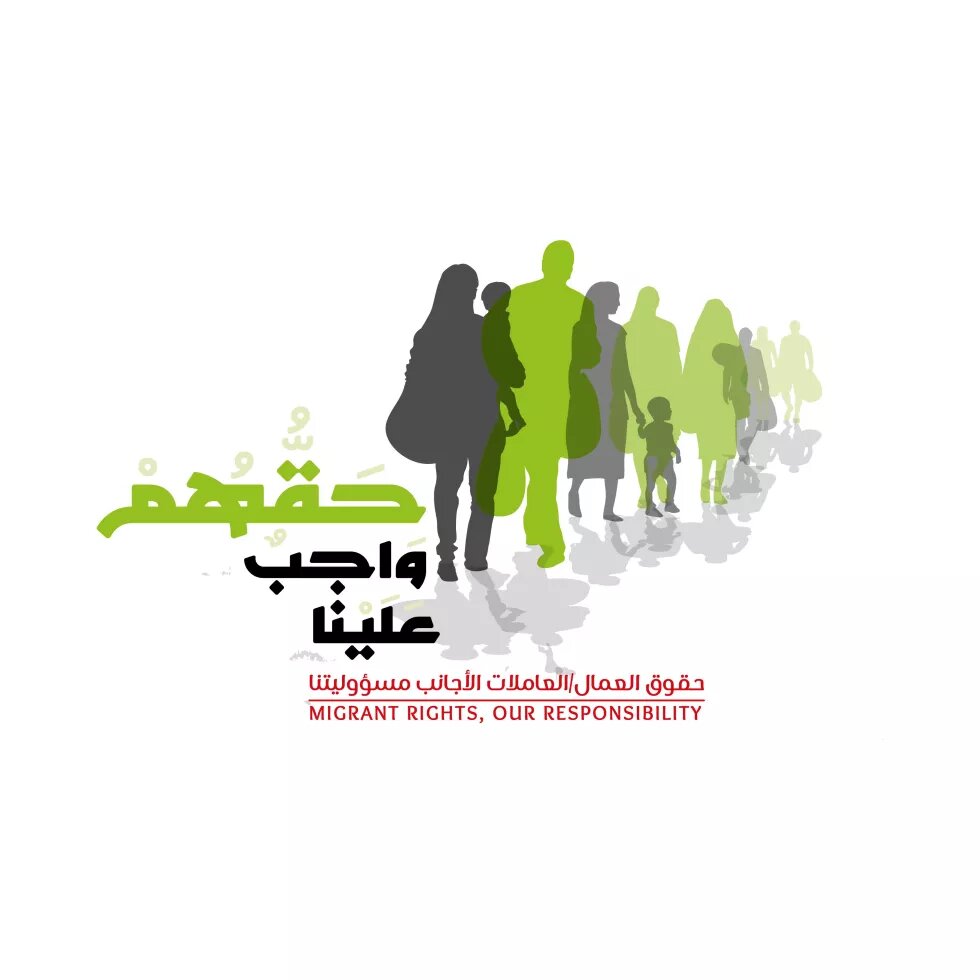
Embedded in the heart of the Middle East, the Hashemite Kingdom of Jordan attracts hundreds of thousands migrant workers from neighboring states and beyond. This is despite limitations on the labor market as Jordanian authorities only provide work permits for particular sectors: agriculture, construction, the garment industry and domestic work. These sectors have become highly segmented based on gender and nationality. Men working in agriculture or construction mainly come from Arab countries such as Egypt and Sudan. Female domestic workers mostly originate from Southeast Asia, while men from the same region are primarily employed in the garment industry.
In Jordan, the employer is responsible for obtaining a work permit for the employee and bears all the costs related to it. The process of obtaining a work visa is complicated and only available on a basis of one-year contracts. Many employers are not able to offer a one-year contract with full-time employment. This is because employers are mostly in demand of either seasonal workers or part-time jobbers; additionally, one-year contracts require high social security contributions many do not want to commit to pay in advance. As a result, many migrant workers have no other option but to start working in the informal sector and thus work without a permit. However, without a work permit, workers cannot register in the social security system and therefore do not have any social benefits such as pension, sick pay and health insurance. Moreover, employment in the informal sector is unstable, working conditions are poor, and the payment is mostly below the minimum wage.
Although migrant workers with a work permit supposedly have access to social security benefits, their status remains precarious, nonetheless. This is mainly due to the sponsorship system that binds a migrant worker to one specific employer, granting the latter far-reaching powers over his employee, which can easily lead to cases of exploitation. Although fairly recently the government started issuing so-called “free permits” allowing the migrant workers to switch freely between employers, they are still only available for those working in the agricultural and construction sectors, leaving large numbers of migrant workers under the sponsorship system.
Due to their weak positions, migrant workers, especially female domestic workers, remain vulnerable to abuse and violation of their rights. Among these violations, cases of human trafficking have been documented in Jordan. Human trafficking is a worldwide problem, which according to international law is considered a serious crime that constitutes a grave violation of human rights. The issue of human trafficking is complex, yet it essentially describes the trade and commercial exploitation of a person for the benefit of the trafficker or others.
Hbs Palestine and Jordan supports civil society organizations in Jordan that aim to strengthen the rights of migrant workers and to eliminate human trafficking. In cooperation with our partner organizations, we strive to bring attention to the precarious working conditions of migrant workers and the violations of their rights. This includes raising awareness on Jordan’s Anti-Human-Trafficking Law and supporting state-led efforts to combat human trafficking.